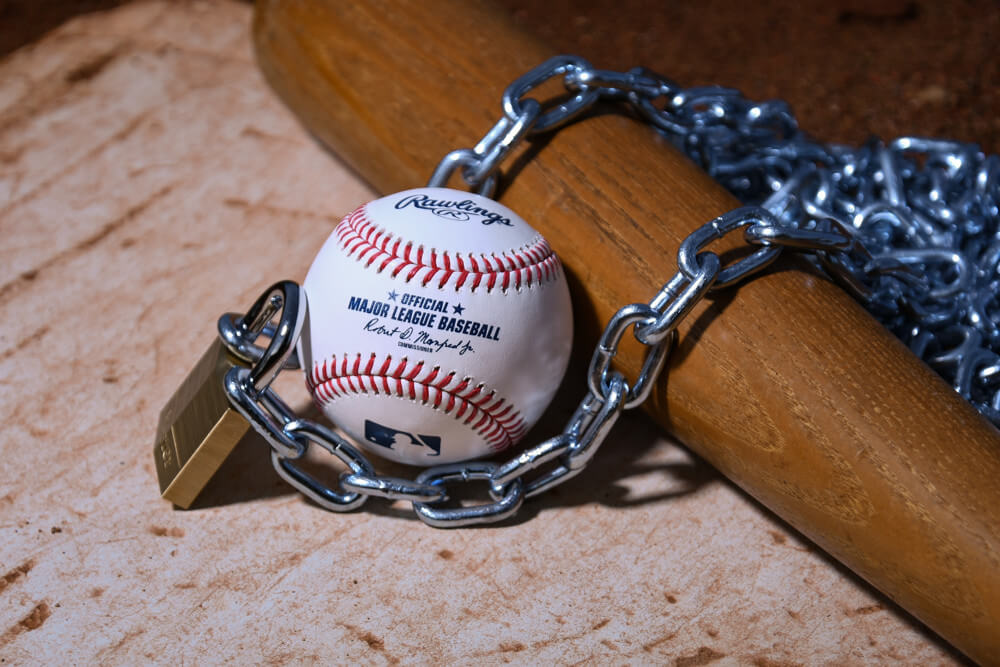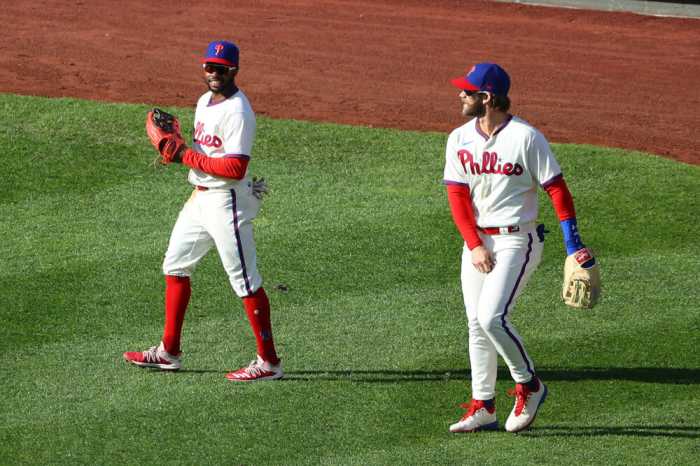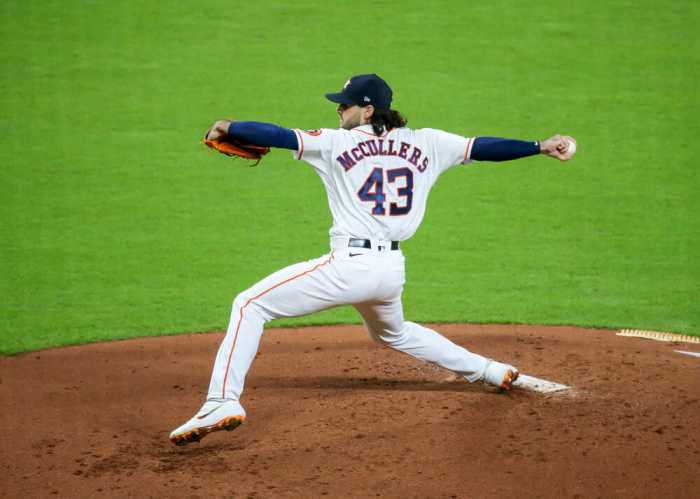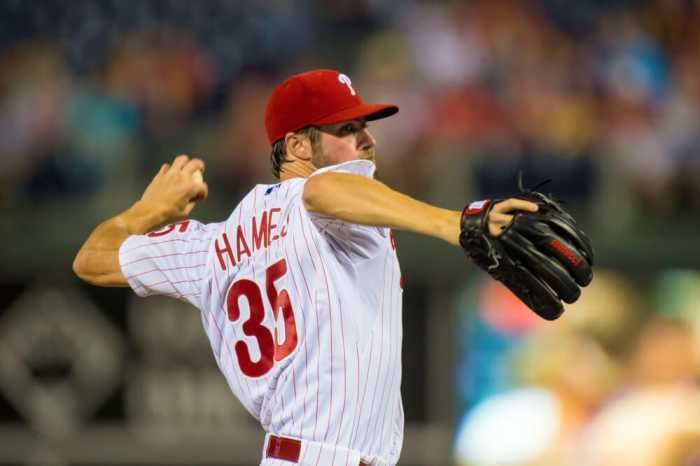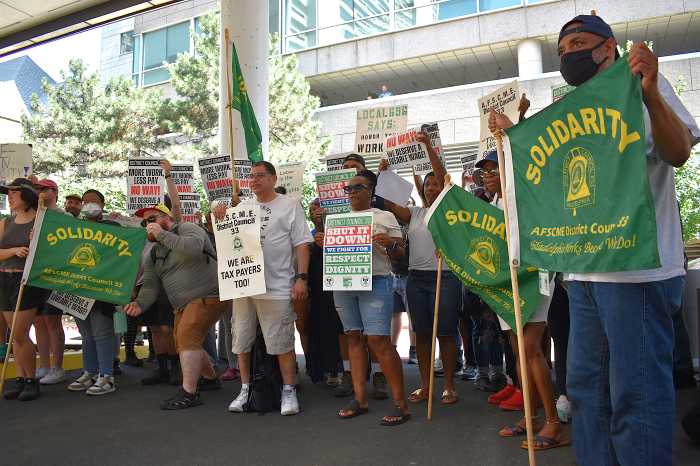When it was announced that Rob Manfred would hold a press conference today, many assumed that it would be to push back the start date of Spring Training. The first Spring Training game is slated to be played on February 26th. According to Manfred, that’s still the case…for now.
The owners will present a counter-offer this Saturday. “No change, right now,” said Manfred. This could change after the offer on Saturday when the owners and MLBPA meet again. The March 31st regular-season start date is also still intact at the moment.
Before Manfred got into the current labor negotiations, he covered new grounds that the owners agreed to during their meetings that ended on Wednesday. The first major implementation will be a draft lottery. No details were shared on that at this time.
There are some big changes that’ll affect the Phillies this season. MLB will adopt a universal designated hitter. The Phillies will be in search of their first full-season DH. The owners also agreed to eliminate draft pick compensation. While this competitive balance measure is disappearing, Manfred mentioned negotiations to replace it.
In the conference, Manfred stated that luxury tax rates would stay the status quo. After the conference, that has found to be incorrect.
This would move the first-time penalty from 20% on overages to 50%.
Manfred also mentioned expanded playoffs but did not go into detail.
Entering into the actual negotiations, Manfred was careful with his words. “We have moved towards the players on key areas in an effort to address their concerns. We’ve proposed an agreement that is better in every respect than the expired contract.”
Manfred also mentioned that both the owners and MLBPA are aligned in increasing the rookie minimum and establishing a bonus pool for young players. He did not mention how far apart the sides were on numbers. He mentioned that MLB was “responsive” about service time issues. Again, not going into detail.
From what Manfred said, the biggest issue on the table seems to be revenue sharing. While revenue sharing on its face seems to be overall good, consider that 48% of local revenues (local tv deals, tickets, concessions) are pooled together. This means small market teams like the Pirates and Marlins are guaranteed to turn a profit regardless of the product they put on the field.
Manfred insisted that the players’ stance on reducing revenue sharing would harm the competitive balance of the game. He went on to say, “When you think about it, It’s like asking people to take a pay cut.” The owners apparently will not budge on this issue.
When asked if he was prepared to miss regular-season games, Manfred said “I see missing games as a disastrous outcome for this industry.”
It should be noted that Rob Manfred is a representative of the owners. The players’ association certainly has its own take on these negotiations and the comments of Rob Manfred. Their response will come soon enough, if not after Saturday’s proposal.
Photo by James Black/Icon Sportswire

